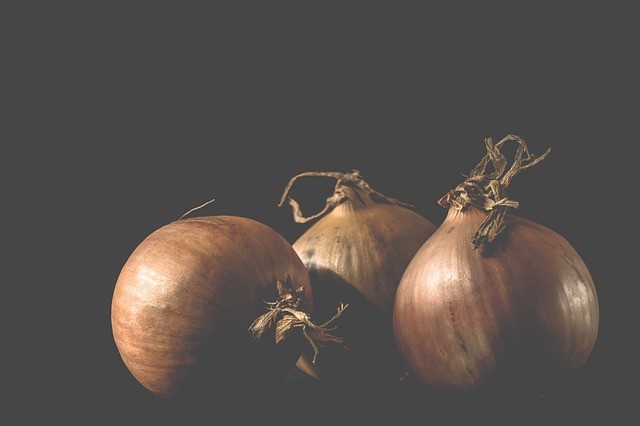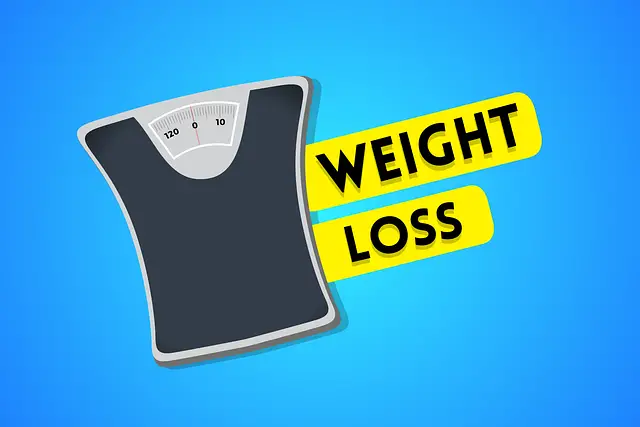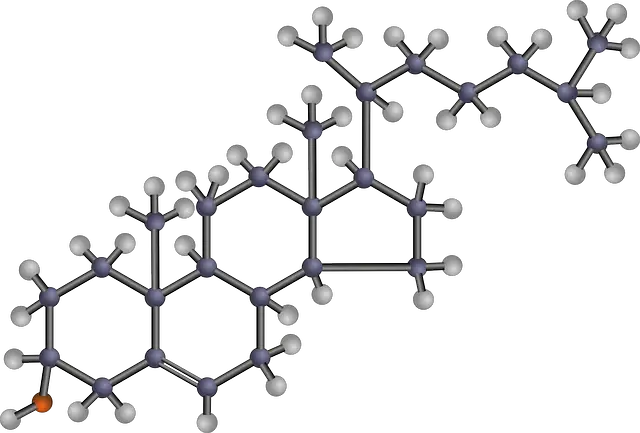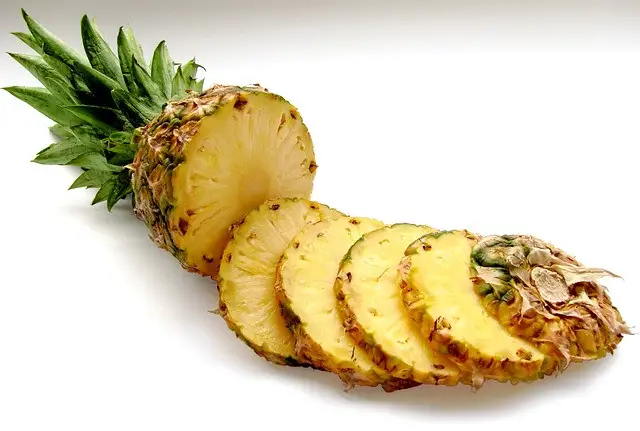We all have different goals and desires when it comes to our appearance. Some people are interested in losing weight on low-carb diets and others are on intermittent low-carb diets. Others focus on keto and exercise for muscle building to boost their health and appearance. What is your desire?
Yours could be promoting hair growth, isn’t that why you are here? One out of every 5 Americans suffers from hair loss, with over 64 million Americans losing their hair by the age of 30. When it comes to gender, 66% of men show thinning by the age of 35, and 40% of women lose their hair when they reach 40. By the time seniors get to 60, 80% of women and 65% of men have hair loss.
From these numbers, hair loss is an actual problem that many individuals face. People turn to different places for solutions. The treatment options available for include medication, hair transplantation, and nutrition.
Those that prefer a more natural remedy to their problem can turn to topical treatments to boost hair growth. One of the new topical treatments is onion juice treatment. In today’s read, we will talk about onion juice for hair loss and why you should add it as part of your hair care routine.
What is Hair Loss?
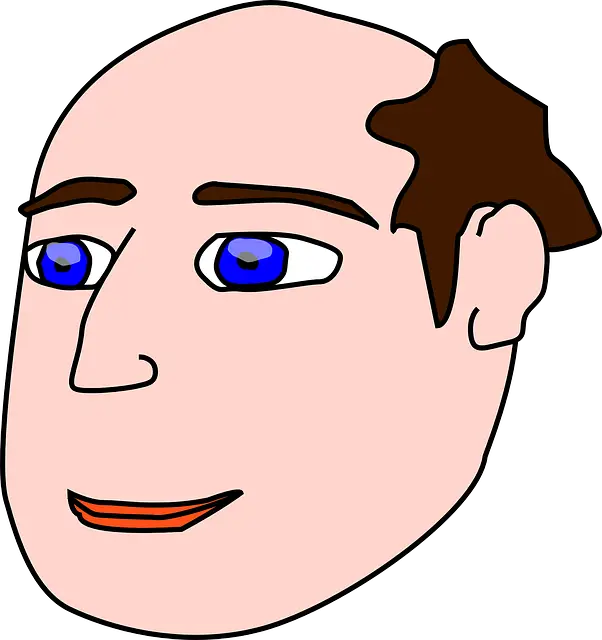
Hair is made of keratin, a protein produced by hair follicles. The more your follicles produce new cells, the old ones are pushed out of the skin, so your hair is simply a string of dead cells. In a given moment, up to 90% of these strings are growing on your head. Hair goes through a three-phase life cycle:
- Anagen: phase of active growth that lasts 2 to 8 years
- Catagen: refers to the transitional growth phase that lasts 2 to 3 weeks
- Telogen: your resting phase that takes 2 to 3 months, after which you shed hair and new healthy hair grows back.
Hair loss also known as alopecia is a condition that occurs when the immune system destroys hair follicles causing loss of hair. As you age, the rate of growth slows. The types of alopecia include:
Involutional Alopecia
This is the type brought about by age characterized by hair thinning. This is because more hair follicles experience no growth, and the remaining hair becomes fewer and shorter.
Androgenetic Alopecia
This is the type referred to as male or female pattern baldness which can start in the teen years to one’s the early 20s. In men, it is characterized by gradual hair disappearance from the crown and frontal scalp. For women, theirs a general reduction in density over the entire scalp.
Alopecia Areata
This one occurs in children and young adults and is characterized by bald patches which can lead to entire baldness. The good news is, 90% of the time, someone with alopecia areata can experience hair regrowth after a few years.
Alopecia Universalis
Refers to loss of hair on your entire body including your eyebrows, eyelashes, and pubic hair.
Traction Alopecia
This type is permanent and is caused by hair damage by hot combs and tightly woven hair in women.
Scarring Alopecia
This is permanent and is caused by inflammatory skin conditions like cellulitis and skin disorders that scar the skin destroying its ability to hair regrowth.
Central Centrifugal Cicatricial Alopecia
It is most common in black women and is characterized by bald patches at the center of the head that may grow hair over time.
Telogen Effluvium
This type is characterized by hair thinning due to the changes in the growth cycle caused by stress, trauma, or shock. It affects 50% of the hair on the scalp.
Now that you know the type of alopecia you are experiencing, it is important to know what may be hindering growth.
Causes of Hair Loss
Some of your hair follicles have a shorter growth period and the reason is not certain. Although, these factors may trigger alopecia:
- Genetics: if your parent suffered from baldness, this predisposes you to alopecia.
- Hormones: Abnormal levels of androgens (male hormones) may influence alopecia.
- Prescription medications: Chemotherapy drugs, blood thinners, beta-adrenergic blockers for blood pressure, and birth control pills may lead to alopecia.
- Illness, stress, and childbirth: Fungal infections like ringworm can cause temporary hair loss. Alopecia caused by these factors is reversible.
- Autoimmune diseases: this can cause alopecia areata, where your immune systems destroy hair follicles leading to alopecia. Hair regrowth can occur, although it starts with the lighter color and thinner hair before it grows back as it usually does.
- Cosmetic procedures: perms, bleaching, shampooing too often, and dyes can thin your hair because they make the hair shafts weak and brittle. Tight braising, hot combs, rollers, or hot curlers can also damage hair. These factors do not cause permanent baldness but may bring about bald patches.
- Medical conditions: Diabetes, eating disorders, lupus, iron deficiency anemia, and thyroid disease may cause alopecia. Unless the condition causes scarring as in lichen planus, lupus, or follicle disorders, hair can grow back once the underlying condition is treated.
- Burns and injuries: this can cause temporary hair loss, but once the injuries are healed, healthy hair can grow back.
- Diet: A low protein diet or severe calorie restriction can cause temporary loss of hair.
- Vitamin deficiencies: Inadequate intake of vitamins A, B, C, D, and E, and iron and zinc have been associated with hair loss.
We know what type of hair loss you have and what may be causing it, how can onion juice helps improve hair health?
Onion Juice for Hair Loss
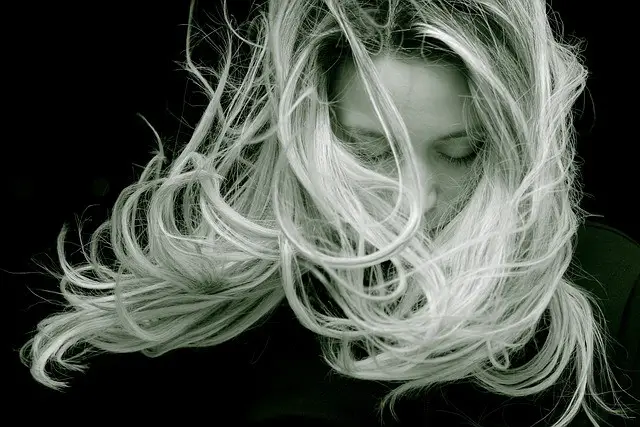
Onion juice is not a new topical treatment, it has been used for decades to treat alopecia. If you’re considering using onion juice for alopecia, then this guide is for you.
Health Benefits of Onion Juice for Hair
Individuals struggling with hair issues like dandruff and premature graying can opt for onion juice to promote scalp health and hair health.
The health benefits of onion juice include:
- Prevents alopecia
- Can moisturize dry skin and reduce itching of the scalp
- Treatment for alopecia
- Can treat scalp infections
- Increase hair density by reducing thinning and promoting growth
- Strengthens weak and brittle hair
Can Onion Juice Regrow Lost Hair?
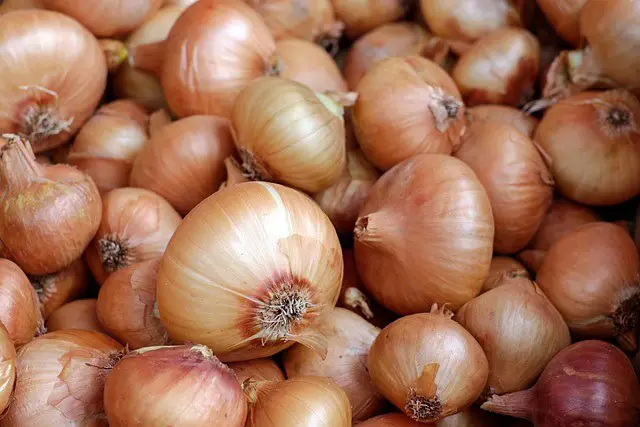
Onions contain nutrients that can nourish your hair promoting growth, density, and shine. These nutrients can help minimize the weakening and breaking. Onion juice is a conditioner that can help improve your hair health.
To understand why onion juice for hair loss, we have to look at the components in the juice that can encourage growth.
Hair Regrowth with Onion Juice
What in onion juice makes it good for alopecia?
Dietary Sulfur
Onions are rich in dietary sulfur which may be the reason onion juice promotes hair growth. Sulfur is an element found in amino acids, the building blocks of protein. Keratin is a protein and is sulfur-rich hence essential for hair health.
Applying onion juice to your scalp will increase the amount of sulfur available to your hair for thickening, thus preventing alopecia. Sulfur also nourishes your hair roots and follicles increasing hair growth.
Another reason why sulfur in onion juice is essential for hair growth is it promotes the production of collagen. Collagen is the most abundant structural protein responsible for the production of new and healthy skin cells.
The sulfur content of onion juice also improves blood circulation to the hair follicles. Applying onion juice to your scalp increases the blood supply to your hair roots and follicles which further leads to growth.
Anti-microbial Properties
Foods from the Allium species like onions, garlic, chives, shallot, and leaks have been shown to possess antimicrobial properties. They can help fight scalp infections which can cause dry skin and itching.
Anti-inflammatory properties
Onion juice contains antioxidants like flavonoids that can prevent oxidative damage to your hair cells. Free radicals may fasten the aging process of your follicles which could lead to alopecia and slow down hair growth.
Research on Onion Juice for Hair Growth
Several studies have been done to assess the efficiency of onion juice as a treatment for alopecia areata and other types of hair loss. A study was done to test the efficiency of topical crude onion juice in the treatment of patchy alopecia areata in comparison to tap water.
Onion juice was applied twice a day for two months. Hair regrowth was observed in the onion juice-treated group after 2 weeks of treatment. After a month, 73.9% of the individuals using the onion juice treatment experienced hair growth, and 86.9% of them experienced hair growth after 6 weeks. Growth was significantly higher in men than in women.
This study has hair experts raving about onion juice as a treatment for combating alopecia.
So, how do you make onion juice for hair loss?
How to Get Onion Extract
Always choose a red onion over the white variety because it contains more flavanols which are needed to boost hair growth. Although, the white variety contains more sulfur which promotes blood flow to your hair follicles.
Without a Blender
You can extract onion juice easily without a blender at home by following the following steps:
- Wash your onion medium-sized onion and peel.
- Cut your onion into half.
- Place your grater on top of a plate to collect onion pulp.
- Rub the onion against your grater until you mince the entire onion.
- Pour your onion paste into a strainer to separate your pulp from the onion water.
- Collect the onion juice in a container below the strainer.
- Squeeze out the remaining onion water from the pulp with a spoon.
- Wrap the remaining pulp in a cheesecloth.
- Squeeze the pulp to get your onion extract.
With a Blender
- Wash your red onion and peel it.
- Cut the onions into half and slice them.
- Pop your onion slices into a blender and blend.
- Strain the paste, to separate the pulp from the onion juice.
- Collect the onion juice and it is ready to use.
How to Use Onion Juice for Hair Loss
If you’re using a raw onion, cut it in half and rub it on the bald patches on your scalp for a few minutes then gently massage for about two minutes. Leave onion juice overnight and rinse off in the morning. Consider applying apple cider vinegar before the onion juice to reduce the strong onion odor.
This is how to use onion juice:
- Drop a cotton pad in the container holding your onion juice to saturate it.
- Use the pad to apply onion juice to your scalp by dabbing it through your hair.
- After you apply onion juice all over your scalp, massage it in to get it into your skin for a few minutes.
- Leave the juice for a minimum of 30 minutes.
- Wash your scalp with cool water and mild shampoo.
Onion treatments are best left overnight for better results. Cover your scalp with a shower cap throughout the night and you can use about a liter of cool water for hair rinse.
DIY Onion Juice Remedies for Hair Loss
There are DIY onion juice remedies you can make at home by combining your onion juice with other ingredients that also stimulate hair growth. Combine onion juice with the following ingredients to make onion juice for hair loss:
Coconut Oil and Onion Juice Hair Mask

To make this you will need 2 teaspoons of onion juice, 2 tablespoons of coconut oil, and 5 drops of tea tree oil. Tea tree oil is an essential oil for individuals with dandruff. How does this treatment work for hair care?
Coconut oil also is an antibacterial agent and is highly penetrative which will help how deep the onion juice will go into the scalp to nourish your follicles and roots.
Olive Oil and Onion Juice
The benefits of olive oil to human health already go without saying, and from research we have seen that onion juice works for hair growth. Olive oil is considered one of the best natural treatments for hair because of its dandruff-fighting properties and its conditioning ability to leave it with a silky shine.
Egg and Onion Juice for Hair Loss
Use a few drops of Lavender or Rosemary essential oil to mask the strong egg and onion smell. When using this remedy, wash your hair with cool water instead of hot water to prevent the egg from cooking and to control the smell. You can also use a mild shampoo to wash out the juice after use.
Castor oil and Onion Juice for Hair Loss
Castor oil is popular in the cosmetic industry and has been shown to promote hair growth. Together with onion juice, this combo can do wonders for your hair volume. More research is needed to understand how the two work to boost growth.
Lemon Juice and Onion Juice for Hair Growth
Combine a little lemon juice and onion juice and you will have a treatment to add to your hair care routine. Lemon is rich in vitamin C which plays a significant role in the production of collagen. Vitamin C also helps clear out scalp infections by strengthening hair follicles. Using this treatment will also balance your scalp’s pH promoting growth.
Potato and Onion Juice for Hair Loss
Combine 2 tablespoons of potato juice and 1 tablespoon of onion juice for this treatment. Potatoes are rich in vitamins B and C and minerals like iron and zinc, whose deficiency has been associated with alopecia. This combo will also nourish your hair follicles which encourages growth.
Other remedies include honey and onion juice, garlic and onion juice, and ginger and onion juice.
Risks of Using Onion Juice
If you apply too much onion juice for a long time every day, you may experience some side effects, especially if you have sensitive skin. You may get itchy and get skin burns, you may develop topical scalp dermatitis, and others even have an allergic reaction that may cause a skin rash or hives.
When you apply your onion and gently massage it, and feel some irritation, wash it off immediately. You can speak to your skin specialist concerning your health claims.
How Many Times A Week Should I Use Onion Juice for Hair Growth?
It is best to use onion juice 3 to 4 times a week on alternating days for the best results. You can leave it on for 15 minutes to an hour before rinsing it with cold water and a sulfur-free shampoo.
Combine the onion juice with essential oil to mask the onion smell. Don’t overdo the amounts you use at a go. Too much onion juice may cause skin irritation. Dab the juice using a cotton pad. If you choose to use it every day, use fresh onion juice rather than stored one. You can rub the juice directly on your bald patches from an onion.
Where Do You Store Onion Juice for Hair Growth?
You can store your onion juice in a clean dry container and cover it with an airtight lid before refrigerating.
Bottom Line
Onion juice for hair loss is an effective natural treatment for alopecia. Be careful about the amounts and duration you leave the juice on to avoid irritations. You can mix onion juice with other ingredients that are good for growth. Remember to use essential oil to mask the strong smell of onions.
Have you used onion juice or any onion remedies for alopecia? Share your experience with us in the comments!

